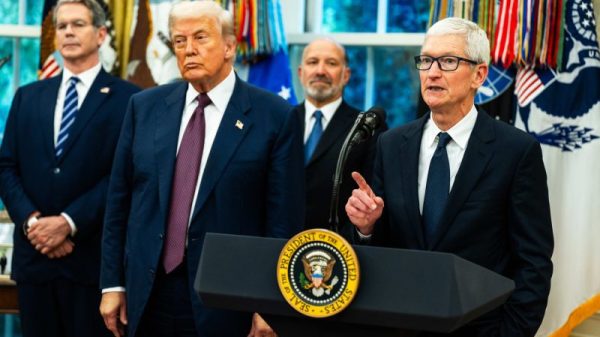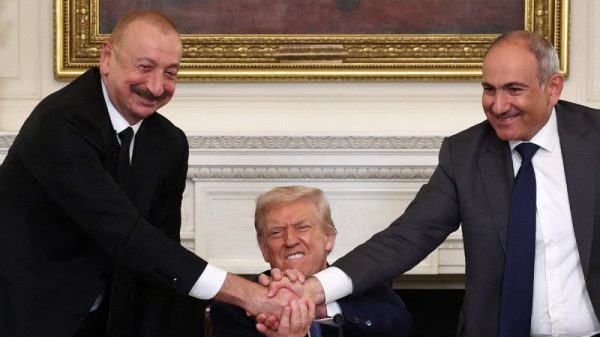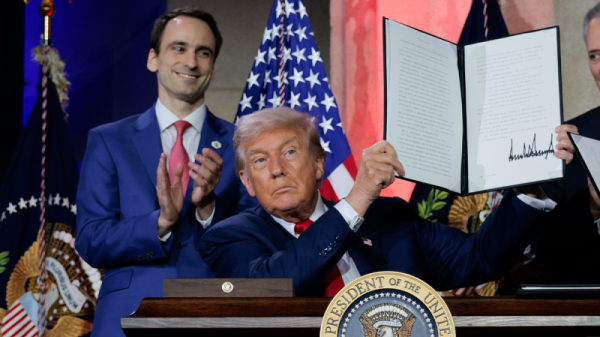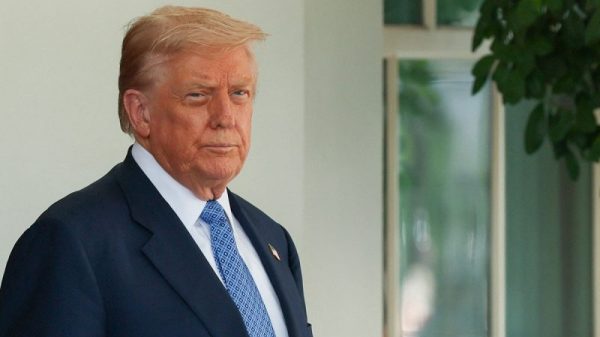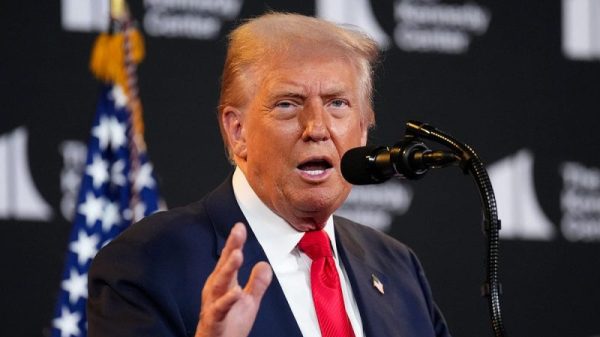In the world of investing, the changing political landscape can often spur fluctuations in the financial markets. As election season approaches, investors must remain vigilant and adaptive to optimize their portfolios for potential volatility. By employing some key strategies and staying informed, individuals can navigate the uncertainties and capitalize on opportunities during this critical period.
One crucial aspect of portfolio optimization during election season is diversification. A diversified portfolio that includes a mix of asset classes can help mitigate risk and improve long-term performance. Investors should review their current holdings and ensure they are well-balanced across different sectors and industries. By spreading out investments, one can lessen the impact of any election-related market swings on their overall portfolio.
In addition to diversification, investors should also stay informed about the potential impacts of the election on different industries and sectors. Understanding how specific policies and campaign promises could influence various markets can help investors make more informed decisions. Keeping up to date with news updates, expert analyses, and market research can provide valuable insights into potential opportunities or risks that may arise.
Another effective strategy for optimizing one’s portfolio during election season is to consider a defensive approach. This involves identifying assets that are traditionally less sensitive to political changes or economic uncertainties. Defensive stocks, such as utilities or consumer staples, tend to be more stable during volatile periods and can provide a safe haven for investors looking to protect their capital.
Furthermore, investors may also want to consider the impact of geopolitical events and global economic trends on their portfolios. The interconnected nature of today’s markets means that developments abroad can have a significant influence on domestic investments. By monitoring international news and economic indicators, investors can better prepare for potential external factors that may impact their portfolios.
Finally, it is essential for investors to remain disciplined and avoid making impulsive decisions based on short-term market movements. Panicking or reacting hastily to election-related news can lead to poor investment choices and negatively impact portfolio performance. Instead, maintaining a long-term perspective and sticking to a well-thought-out investment strategy can help investors weather any market uncertainties that may arise during election season.
In conclusion, optimizing one’s portfolio during election season requires a thoughtful and strategic approach. By diversifying holdings, staying informed, adopting a defensive stance, considering global factors, and maintaining discipline, investors can position themselves to navigate potential market volatility and capitalize on opportunities that may arise. By following these key principles, individuals can safeguard and enhance their portfolios during this critical period of political change.







